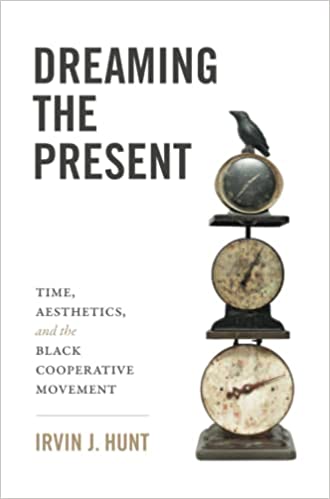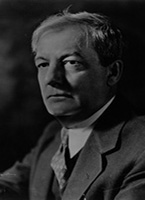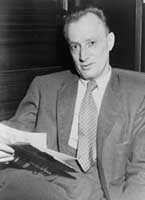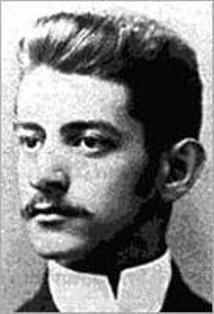
Irvin J. Hunt
Born:
Connection to Illinois: Hunt is an Associate Professor of English and African American Studies at the University of Illinois, Urbana Champaign. Biography: Irvin J Hunt's first book is Dreaming the Present: Time, Aesthetics, and the Black Cooperative Movement. His work has appeared in American Quarterly, American Literature, American Literary History, Public Books, Contemporaries at Post45, African American Literature in Transition, 1940-50, and elsewhere. His work has received awards from the Woodrow Wilson Foundation, the Mellon Foundation, the Ford Foundation, the John W. Kluge Foundation, and the NAACP. His short story "Bitter Tea" was a 2021 finalist for the BCLF Elizabeth Nunez Caribbean-American Writers' Prize.
Awards:
Web: https://afro.illinois.edu/directory/profile/ijh
WorldCat: http://www.worldcat.org/search?q=Irvin++J.++Hunt
Selected Titles
 |
Dreaming the Present: Time, Aesthetics, and the Black Cooperative Movement ISBN: 1469667924 OCLC: The University of North Carolina Press 2022 This is a story of art and movement building at the limits of imagination. In their darkest hours, W. E. B. Du Bois, Ella Baker, George Schuyler, and Fannie Lou Hamer gathered hundreds across the United States and beyond to build vast, but forgotten, networks of mutual aid: farms, shops, schools, banks, daycares, homes, health clinics, and burial grounds. They called these spaces “cooperatives,” local challenges to global capital, where people pooled all they had to meet their needs. By reading their activism as an artistic practice, Irvin Hunt argues that their primary need was to free their movement from the logic of progress. From a remarkably diverse archive, Hunt extrapolates three new ways to describe the time of a movement: a continual beginning, a deliberate falling apart, and a simultaneity, a kind of all-at-once-ness. These temporalities reflect how a people maneuvered the law, reappropriated property, built autonomous communities, and fundamentally reimagined what a movement can be. Their movement was not the dream of a brighter day; it was the making of today out of the stuff of dreams. Hunt offers both an original account of Black mutual aid and, in a world of diminishing futures, a moving meditation on the possibilities of the present. |




